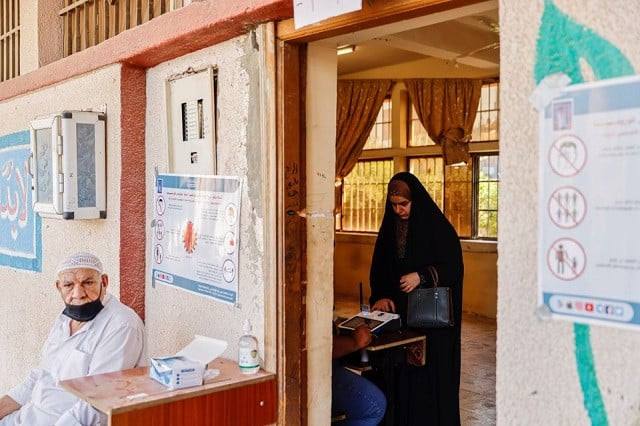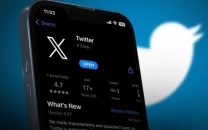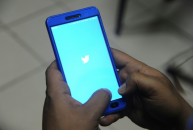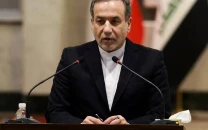Iraqis vote in general election, a test for democratic system
At least 167 parties, over 3,200 candidates competing for 329 seats in parliament

Iraqis were voting on Sunday in a general election that many said they would boycott, having lost faith in the democratic system brought in by the US-led invasion of 2003.
The election is being held several months early under a new law designed to help independent candidates - a response to mass anti-government protests two years ago. But the established, armed and dominating ruling elite is expected to sweep the vote.
The result will not dramatically alter the balance of power in the country or the wider Middle East, say Iraqi officials, foreign diplomats and analysts.
"I’m not going to vote and my family won’t vote either, said Murtadha Nassir, a 27-year-old man in the southern city of Nassiriya, who participated in protests and watched friends gunned down by security forces.
"These groups being voted in, they’re all the ones who targeted us."
Nonetheless, some Iraqis were keen to vote in the election - the country's fifth parliamentary vote since 2003 - and are hopeful of change. In the northern city of Kirkuk, Abu Abdullah said he showed up to vote an hour before polling stations opened.
Read Iraq — reasserting past prestige
"I came since early morning to be the first voter to participate in an event that will hopefully bring change," he said. "We expect the situation to improve significantly."
At least 167 parties and more than 3,200 candidates are competing for 329 seats in parliament, according to the election commission. Iraqi elections are often followed by months of protracted negotiations over a president, a prime minister and a cabinet.
Prime Minister Mustafa al-Kadhimi, widely viewed as Western-friendly, told reporters as he cast his ballot: “I call on Iraq people: there’s still time. Go out and vote for Iraq and vote for your future.”
Kadhimi's government called the vote early in response to anti-establishment protests in 2019 that toppled the previous administration.
Protesters' demands included the removal of a ruling elite most Iraqis view as corrupt and keeping the country in disrepair. The demonstrations were brutally suppressed and some 600 people were killed over several months.
Some of Iraq’s top political leaders and officials voted at a secured hotel in Baghdad's Green Zone -- which hosts foreign embassies and government buildings -- but trickled in at a rate of one every 20 minutes. Other leaders voted outside Baghdad in their own constituencies.
Iraq is safer than it has been for years and violent sectarianism is less of a feature than ever since Iraq vanquished the Islamic State in 2017 with the help of an international military coalition and Iran.
But endemic corruption and mismanagement has meant many people in the country of about 40 million are without work, and lack healthcare, education and electricity.
Foreign influence
The United States, Gulf Arab countries and Israel on one side and Iran on the other compete for influence in Iraq, which has provided a gateway for Tehran to support militia proxies in Syria and Lebanon.
Read more In Iraq, big neighbour Iran faces growing backlash
The 2003 invasion toppled Saddam Hussein and catapulted to power the country’s majority groups, who were oppressed under Saddam. It unleashed years of sectarian violence, including the takeover of a third of the country by Islamic State between 2014 and 2017.
Washington is removing all US combat troops as part of an agreement with the Iraqi government, although the move keeps most of its 2,500 troops in the country in non-combat roles, according to US officials.
That decision came under pressure from Iraq’s dominant parties, many of them backed by Iran, which called for the removal of US forces after the US killing of top Iranian military commander Qassem Soleimani in Baghdad in 2020.
The populist cleric Moqtada al-Sadr, who opposes all foreign influence and is a rival of the Iran-aligned groups, is expected to come first in the election. He has also called for foreign troops to withdraw.
Power cuts delayed polls opening by a few minutes at two stations in Karbala and Anbar provinces.
The biggest blocs in the election are those of Sadr and a separate coalition of Iran-aligned parties with armed wings. Kurds have two main parties that rule the autonomous Kurdistan region, and others this time have two main blocs.


















COMMENTS
Comments are moderated and generally will be posted if they are on-topic and not abusive.
For more information, please see our Comments FAQ